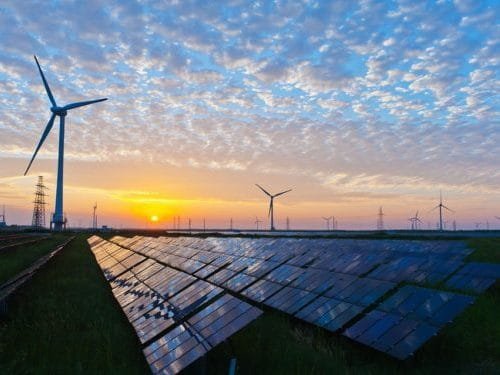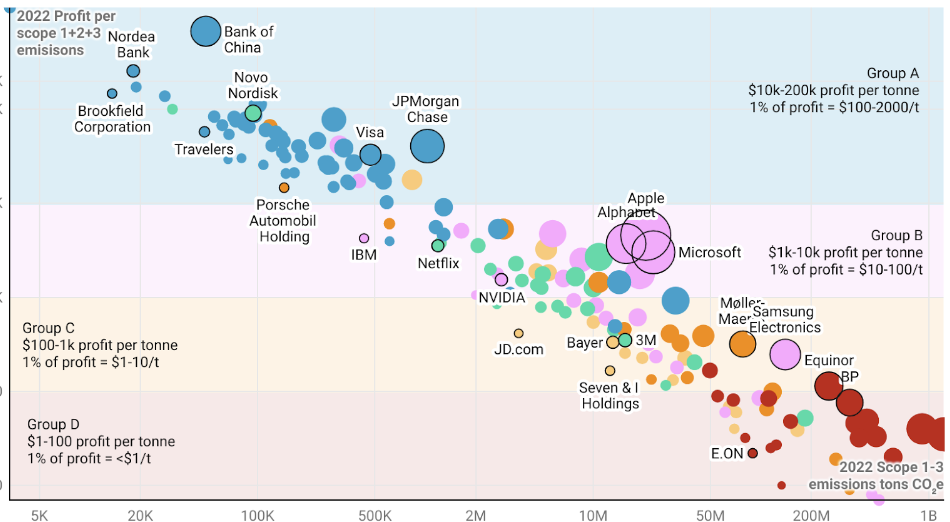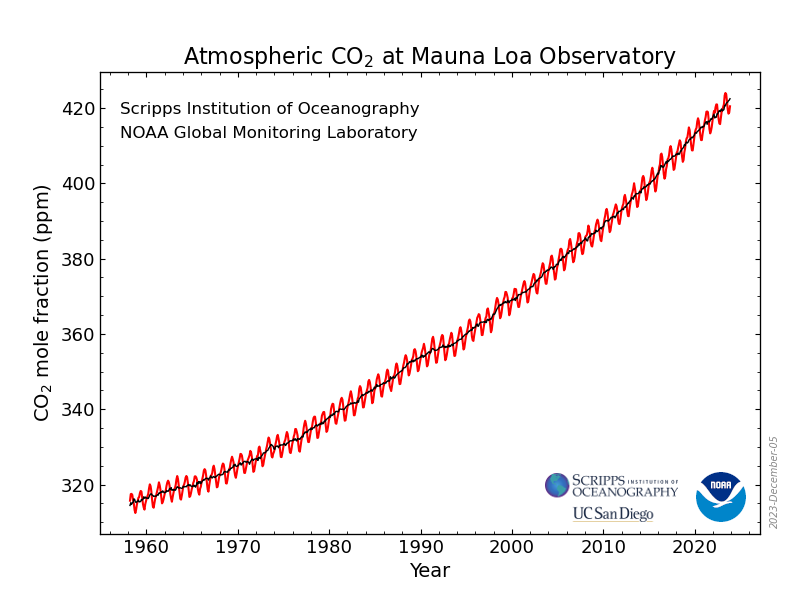Everyday seems to bring a mix of both doomsday and rosy headlines about the state of the climate and nature crises. How do we tell how things are actually going?
How do we collectively make critical decisions and deploy solutions this decade (when it matters most)? There isn’t time to waste and look back to to realize we didn’t act fast enough.
Exponential adoption is required to scale the green solutions that are already available and the ones that must be developed. That kind of wide-scale transition requires a number of developments to all happen in parallel to stay on track with the goal.
For example, in the transition to renewable vehicles, it means not just measuring how many electric cars are being sold, but also how many supporting infrastructure projects are in progress to meet the charging demand, tracking how fast is conventional fuel consumption slowing, and many other enabling factors.
In climate solutions as in life: you can’t manage what you can’t measure. Intractable problems stay intractable when you can’t get your arms around them. The Systems Change Lab is building tools to track and report what goals are critical and whether we’re on track to meet them.
These are new ways of looking and measuring for real actionable solutions to nuanced, interdependent problems.
Kelly is Chief of Science, Data and Systems Change for the Bezos Earth Fund. In this role, she brings data, analysis and evidence to inform the Fund’s strategic direction. Kelly is also Co-Director of the Systems Change Lab, which monitors, learns from and accelerates the transformational change required to protect people and the planet. Before her time at the Earth Fund, Kelly spent 12 years at the World Resources Institute, where she was the Director of Tracking and Strengthening Climate Action in WRI’s global climate program. Kelly holds a PhD and Master of Environmental Management from Yale’s School of Environment and a B.A. in Ecology and Evolutionary Biology from Yale College.
Text above is from original video description.




